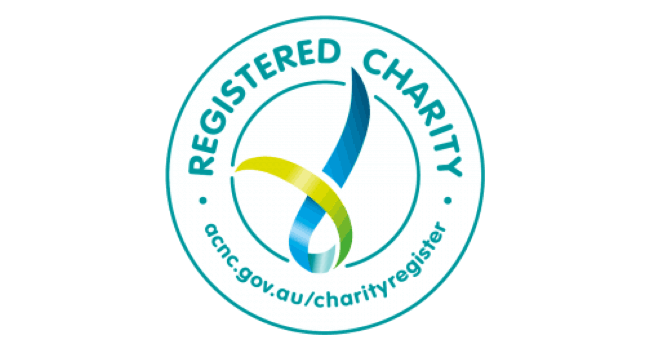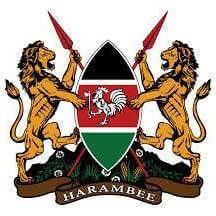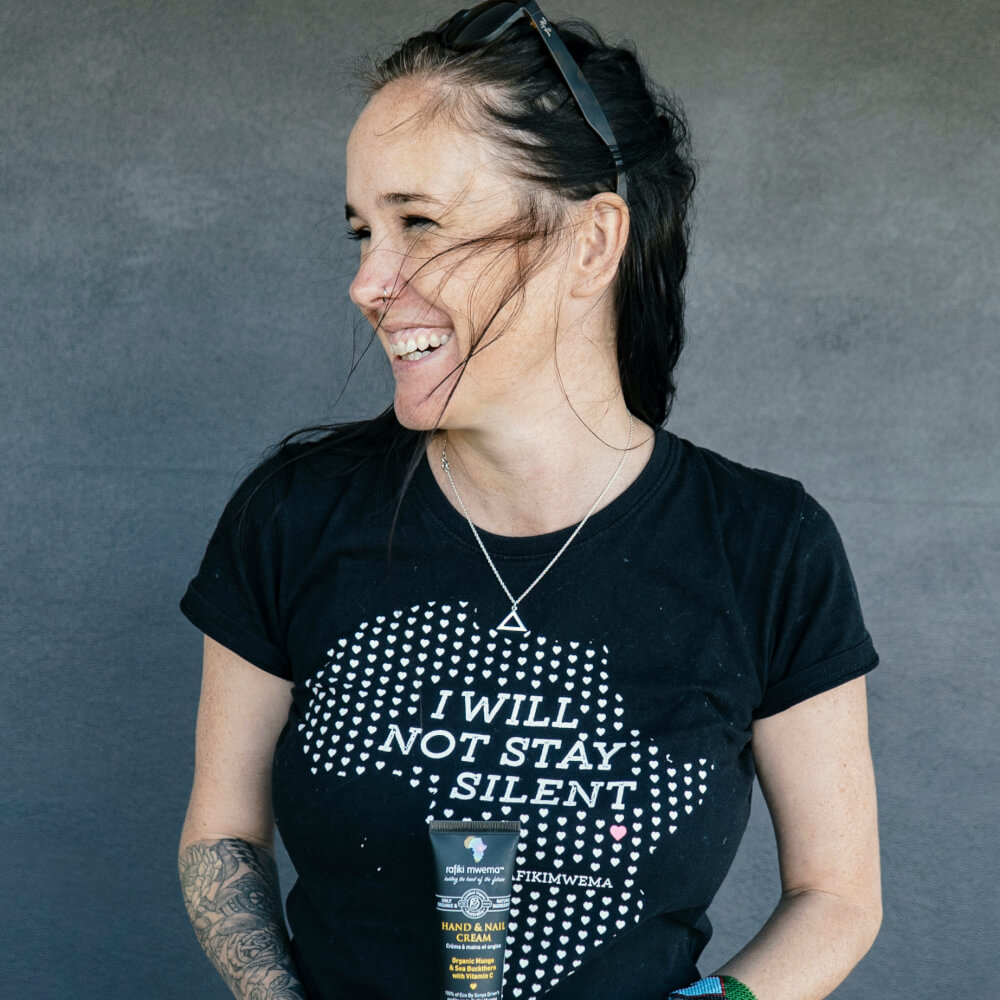You’d hardly notice it while walking by. The shopfront looks like almost any other small business in Nakuru, Kenya, with corrugated tin walls, wooden shelves and dusty floor. A brightly coloured plastic cloth is draped over the counter, and plates and cups are stacked high to the side. Out the front, hanging above the front door, a colourful, hand-painted sign reads Kansime Hotel. A charcoal burner keeps a stack of freshly cooked chapatis warm, while a woman expertly rolls dough into perfect circles.
What you don’t see is this restaurant’s groundbreaking history. Kansime Hotel was the very first business started by Rafiki Social, our social enterprise program. Owned by Mama G*, Kansime Hotel has also become an integral part of Rafiki Mwema’s work in the community, hosting Rafiki’s Feeding Program each day.
Mama G
Mama G is the mother of one of our Rafiki girls and had no way to make a living wage. When her daughter returned home to her, we knew we had to help Mama G meet her family’s basic needs. Without steady employment, Mama G had to look for odd jobs every day or beg on the streets. In addition, she had a baby on the way, which would make it even more difficult to find work.
“My life was tough. I did not have any money on me or any job. I could not afford to pay my rent or provide food for my children or even take them to school. I am very grateful to Rafiki Social because my life is now easier than before.”
– Mama G


A path out of poverty
Extreme poverty puts children at much higher risk of abuse. It’s difficult to see our children return home to families who live in unimaginable poverty. To keep them safe, we knew we had to give their families a hand up – not a hand out.
So in June 2020, we started Rafiki Social to fund small businesses and give our children’s families a chance to build financial security. And we do it all! We help them decide on the type of business they’d like to run, choose a location, build the kiosk, and purchase the initial stock. Simon, manager of Rafiki Social, visits each business regularly to provide ongoing advice and offer a helping hand. But success is completely up to each family. Our aim is to give them a kick-start.

“It was like moving from a place of darkness to a place of light. I am now able to earn money from my home and I don’t have to leave to work on peoples’ farms, where I would earn so little it would not be enough to put food on the table.”
– ShoSho V*, who received a sewing machine from Rafiki Social
ShoSho H
ShoSho (meaning grandmother in Swahili) H* opened a shop selling charcoal, sugarcane, beans and fruit. She cares for her grandchildren, and before Rafiki Social stepped in, she struggled every day to make ends meet. Her work is tough, with days starting at 6am and visits to the sugarcane field to cut the cane herself. But ShoSho H is grateful for the opportunity to keep her grandchildren fed, safe and able to attend school.
Photo: ShoSho H with Simon, manager of Rafiki Social, at the front of her shop.


Sister W
We met Sister W* at a very dark time in her life. A fire had destroyed her livelihood, leaving her in debt. The financial stress impacted her marriage and her husband left her. In desperation, Sister W resorted to begging on the streets, but she never made enough to feed her children more than once a day. Rafiki Social helped her set up a takeaway food business and Sister W has now paid off her debts. Not only that, but she’s saved enough to send her eldest daughter to high school.
“She was so happy to learn that she will be joining high school! I am feeling very happy and responsible and feel like a role model.”
– Sister W
Photo: Sister W preparing meals at her takeaway business.
Mama C
Mama C* is the mother of one of our Rafiki boys. They lived in such extreme poverty that her son ran away to try to survive on the street. Our Outreach Team reunited mother and son, and Rafiki Social assisted Mama C with her business. She’d been hawking daga (or silverfish, a dried fish) door-to-door. It was exhausting and sometimes dangerous.
We built Mama C a stall so that she no longer has to walk long distances, and can spend more time with her children. Today, her sons go to school, she can afford to rent a home and they no longer go hungry.
“I used to have nothing but now I am very optimistic about the future of my children. Everything has changed from worst to good. I am happy now and my children too.”
– Mama C
Photo: Mama C at her daga shop

Transforming lives forever
Life in Kenya is tough. Work is hard to find and wages can be very low. It’s even more difficult for single mothers, aunties and grandmothers. They must work and somehow also care for their children in a part of the world with no welfare, childcare or other safety nets.
A sewing machine, a charcoal burner, a handmade wooden stall. These might seem basic, but they are transformational to the families in the Rafiki Social program.

Change a family’s future
In just over a year, Rafiki Social has funded 14 small businesses in Nakuru, Kenya. It’s been a privilege to empower each of the women who run these businesses. They’ve gained not just financial security but pride, hope and dignity.
Please consider making a difference to the lives of many more families, and sign up to donate to this life-changing program.
Small business start-up costs
What does it take to start a small business in Kenya? Sometimes, not much at all! Rafiki Social has identified a range of small businesses that can be kicked off with costs starting around AUD$50 and costing no more than AUD$2,000. These are a few examples of small businesses that do very well in Kenya, and which also allow women to work flexible hours so that they can be at home for their children when they need to be.
Second-hand clothes stall
In Kenya, second-hand clothing is called mtumba. The majority of Kenyans depend on mtumba for their clothing needs, because it’s usually cheap and the clothes are durable compared to brand new clothes.
Set-up costs: ksh 30,000 or less (approx AUD$375)

A small electronics shop
The Kenyan government has been connecting households across the country to electricity, so electronics is proving to be a very good investment. It doesn’t have to be a big shop. As long as it includes the primary items used at home, such as bulbs, extensions, heaters, and phone butteries, it’s likely to be successful.
Set-up costs: ksh 60,000 (approx AUD$750)
Boda boda (motorbike) transport
The boda boda sector is hugely popular – and profitable. More than five million young Kenyans work as boda boda drivers. It’s a well-paying job and doesn’t have a lot of costly maintenance, especially if the business starts with a brand new motorbike. A 100cc and 150 cc engine keeps fuel consumption low.
Set-up costs: A brand new motorbike costs between ksh 90,000 and 120,000 (approx AUD$1,123 and $1,500)
Takeaway kiosk – Snacks and drinks
Takeaway is a favourite for anyone who’s in a hurry to get somewhere, and these kiosks do best in busy areas with lots of foot traffic such as near schools, bus stops and commercial areas. It’s very cheap to start but the profit margin is amazingly good.
Set-up costs: ksh 4,000 (approx AUD$50)
Cereal business
Cereals are a staple of the Kenyan diet and you’ll find some kind of cereal eaten daily in every Kenyan household. Common cereals include maize, beans, rice, and green grams (mung beans). The cereal business has very good returns but is a little expensive to start.
Set-up costs: ksh 95,000 (approx AUD$1,185)

Kick-start a small business today
As you’ve just read, it doesn’t take a lot to start a new business in Kenya. Why not consider becoming a regular donor to Rafiki Social? Rafiki Social donors receive a regular newsletter with updates on the inspiring efforts of families as they start a business and experience life with a regular income. It’s the kind of news that’s guaranteed to brighten your day!
*All names are changed for privacy reasons.





